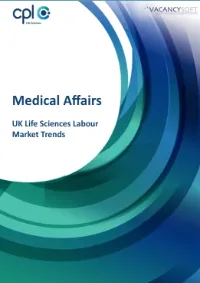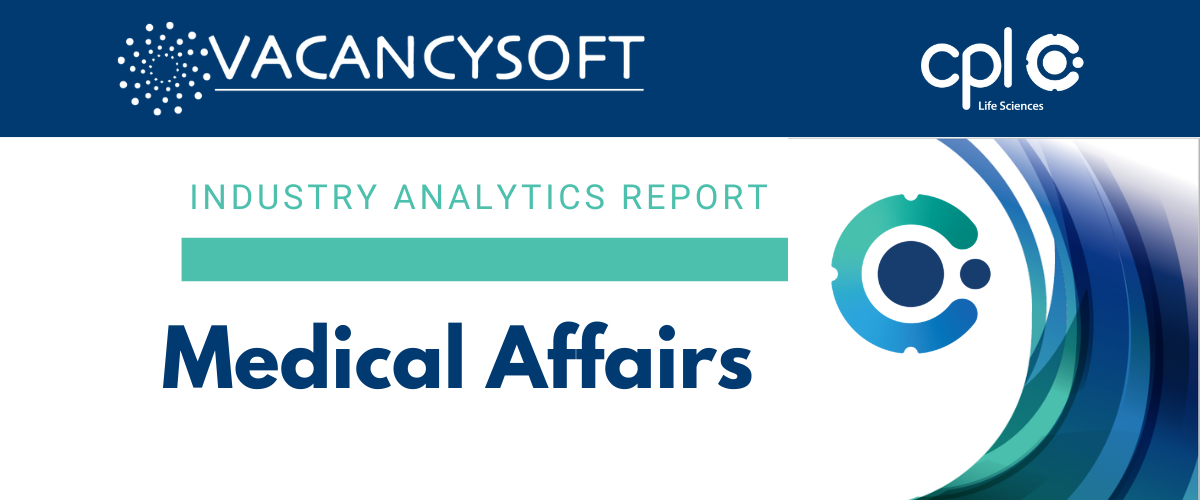Medical Affairs is vital for the Pharmaceuticals industry, serving as the bridge between clinical development and commercialization. In 2023, the Medical Affairs sector in the UK faced significant challenges, reflecting broader struggles within the Pharmaceutical industry. The year was marked by low vacancy volumes, signalling a period of contraction and uncertainty. However, despite these hurdles, London emerged as a bright spot, demonstrating resilience and a capacity for recovery. While regional job openings declined, London saw a notable increase of 26.1% on last year, indicating a localized rebound in demand for Medical Affairs professionals. This divergence highlights the capital’s pivotal role in driving sectoral recovery amidst a challenging landscape.
Medical Advisors were found as one of the largest role type, and due to the 14.6% increase in vacancies this year, the share of the total has risen from 28.1% last year to 29.6% in 2024 so far. The biggest rise in hiring this year has been within the Biotechnology companies. Data here shows that we have seen an increase by 92.6% compared to last year, in terms of monthly average. Despite this, within the Biotechnology businesses, under 1% of the scientific vacancies are for Medical Affairs, in contrast to over 7% within the larger Pharmaceutical companies, which is a reflection of the larger businesses.
As Medical Affairs is constantly evolving, AI is always a topic of conversation. A survey by the journal for the Medical Science Liaison Society found that where AI is expected to be most useful is in areas such as publication data analysis, and publications research generally. If like in other sectors, this translates to lower-level tasks being automated, the industry can wonder if this will act to then reduce hiring going forward.
Looking ahead to 2024, the Pharmaceutical industry must navigate the ongoing reforms to the MHRA, which are crucial for accelerating drug approvals and clinical trials. Additionally, the integration of artificial intelligence presents both opportunities and challenges. While AI can enhance efficiency by automating lower-level tasks, it may also impact hiring trends. The industry must balance technological advancements with the need to maintain a skilled workforce capable of navigating complex regulatory landscapes and ensuring the effective dissemination of medical information. As the sector continues to adapt, strategic focus on innovation, regulatory efficiency, and workforce development will be essential for sustained growth and competitiveness.

Click Here to view
Get in touch to learn more about our total talent solutions
for the life sciences industry.
